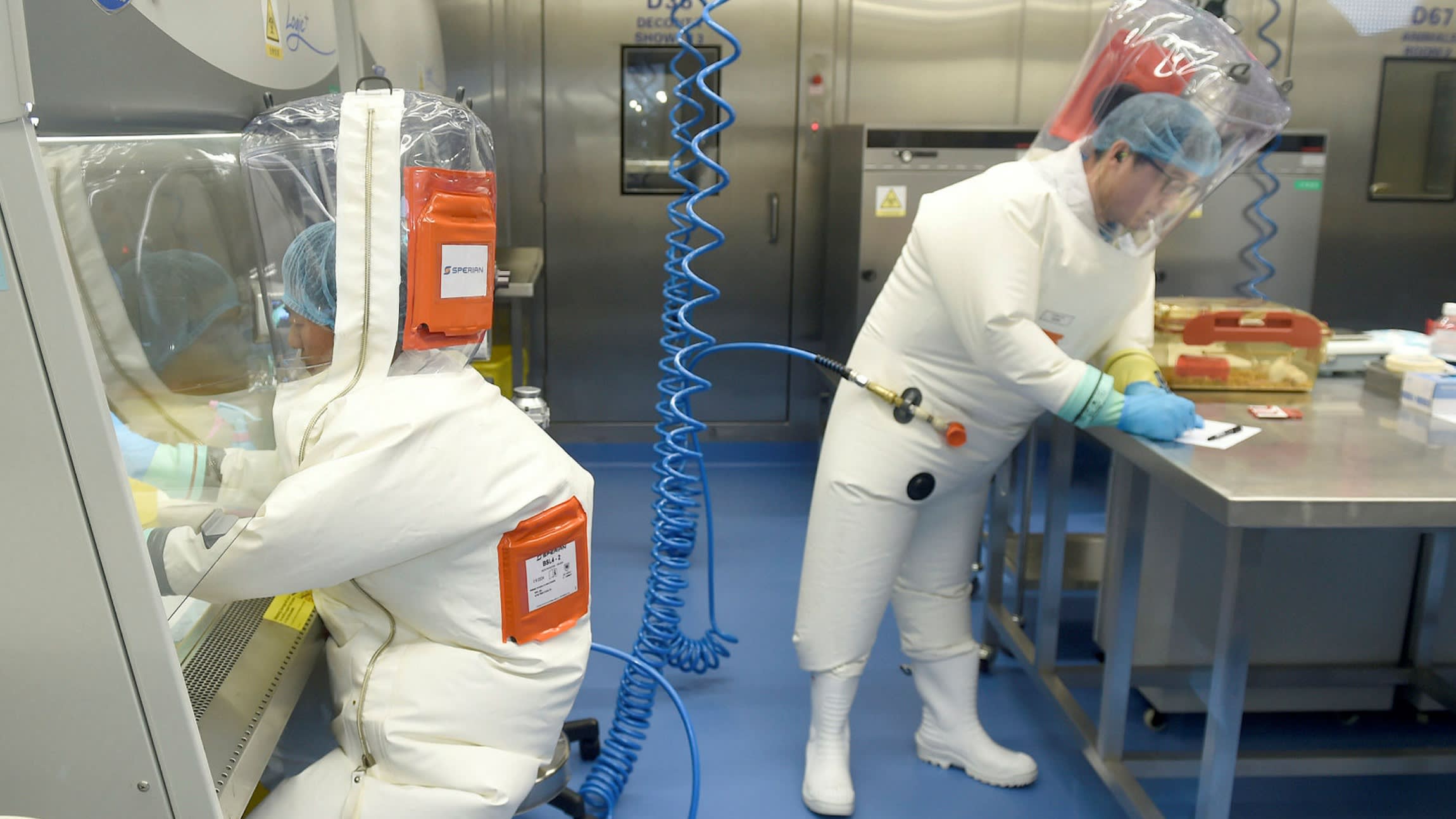Covid lab-leak theory shows the ‘fact wars’ are still raging

The conversation around Covid-19’s origins has shifted markedly in recent weeks. Suddenly, the idea that the virus could have come from an accidental lab leak, once dismissed as a “conspiracy theory”, is considered a possibility — even a likelihood, by some.
Fact-checking site PolitiFact recently decided to “archive” a fact-check it published last year on whether the virus was “man-made”, which it gave its most censorious “pants-on-fire!” rating, but which it now says is “more widely disputed”.
Likewise, The Washington Post issued a correction on a story it published in February 2020 on Republican senator Tom Cotton’s efforts to press China for evidence to back up its claims that the virus had emerged naturally. The Post said he was repeating a “conspiracy theory that was already debunked”; it now acknowledges there is “no determination about the origins of the virus”.
One might assume that this shift has come on the back of new evidence, but the facts haven’t changed in any material way, though some new information has emerged. What has changed, however, is that the lab-leak theory has become politically acceptable.
It seems it is only now that Donald Trump — who claimed in April 2020 to have evidence that Covid-19 had emanated from the Wuhan Institute of Virology (WIV) — has departed the White House that the possibility that the virus was man-made can be entertained.
“The fact that Trump embraced this idea suddenly turned it into a polarising conversation,” says Daniel Drezner, a political scientist at Tufts University. “Now that Trump is no longer in office, suddenly it becomes a little bit more permissible to talk about this.”
We live in a world in which topics are often approached with preconceived notions about what we would like the truth about them to be, based on our political stances, and we then seek out “facts” that prove those notions.
But just because Trump spewed endless lies about all manner of topics, and spoke about China in a way that many considered offensive and racist, doesn’t mean we should discount everything he said simply because it was he who was saying it.
We also seem to live in a world that prefers binary possibilities. One of the reasons the theory of an accidental lab leak was dismissed was because it was conflated with the idea that China had maliciously developed Covid-19 as a bioweapon. While this idea didn’t gain traction, even among Trump and his allies, by falsely equating the leak with biological weaponry, it was much easier to dismiss.
“People took the lab leak hypothesis, they straw-manned it, and then they debunked the straw-manned version that they had straw-manned themselves,” says Eric Weinstein, a mathematical physicist and managing director at Thiel Capital, who has long considered the lab leak hypothesis plausible.
It wasn’t just journalists and social commentators who conflated the two hypotheses; some scientists did too. The Lancet published a statement in February 2020 signed by 27 scientists who said they “(stood) together to strongly condemn conspiracy theories suggesting that Covid-19 does not have a natural origin”.
By using the words “condemn”, and “conspiracy theories”, these scientists — who, it has emerged, had been brought together by a man whose organisation has funded research at the WIV — managed to make even questioning the idea that the virus had passed from an animal into humans appear unethical.
But just because rigorous debate was difficult, doesn’t mean it should not have taken place. We need to be comfortable seeking out truths that might make us uncomfortable, and to stay open to the possibility that we might end up agreeing with those who we find disagreeable.
The Biden administration may be less enthusiastic about “alternative facts” than the previous one, but what we might call “fact wars” have outlived Trump’s presidency. “Facts” are being used as weapons selected to push narratives, rather than to guide us to the truth. We need to stop policing the discourse if we are to avoid living in an alternative reality.

